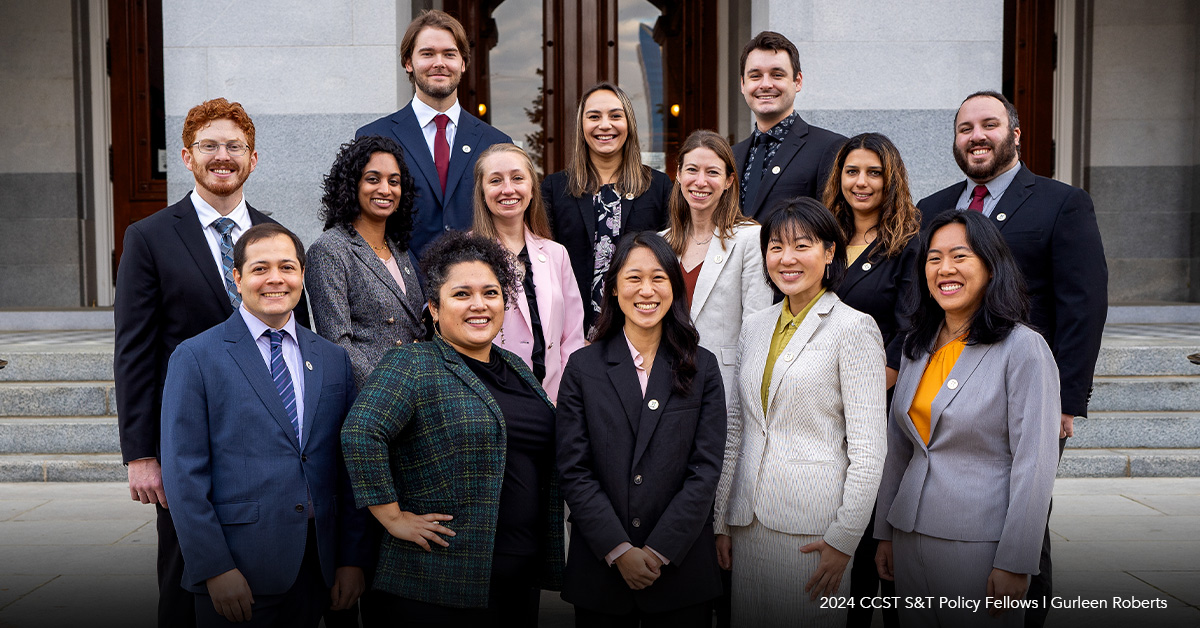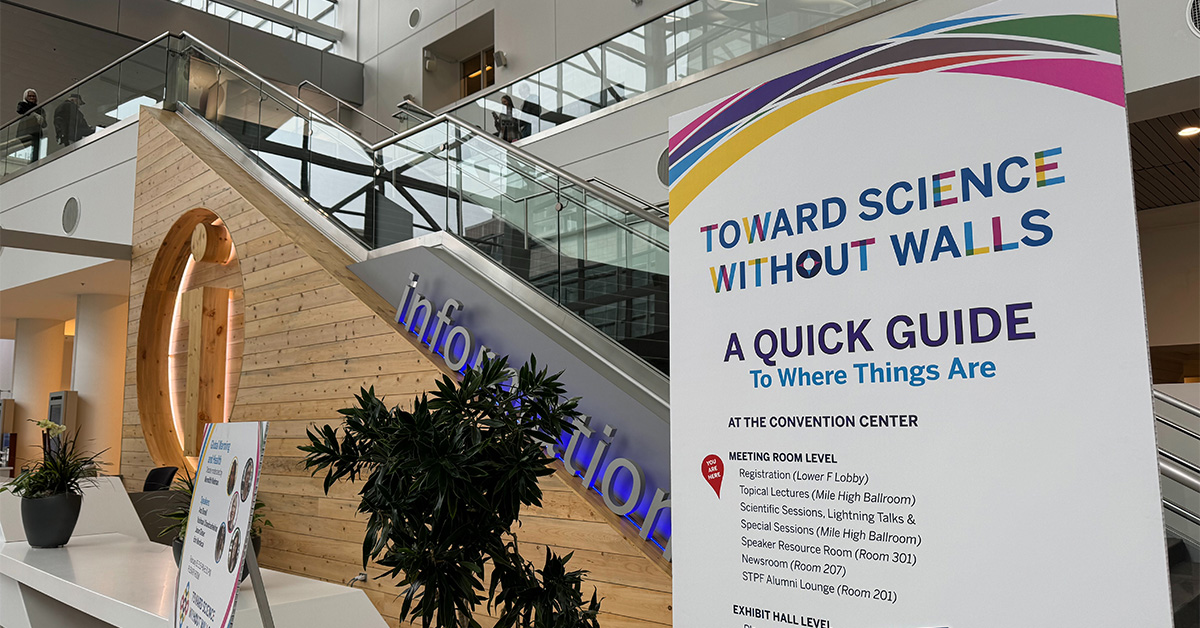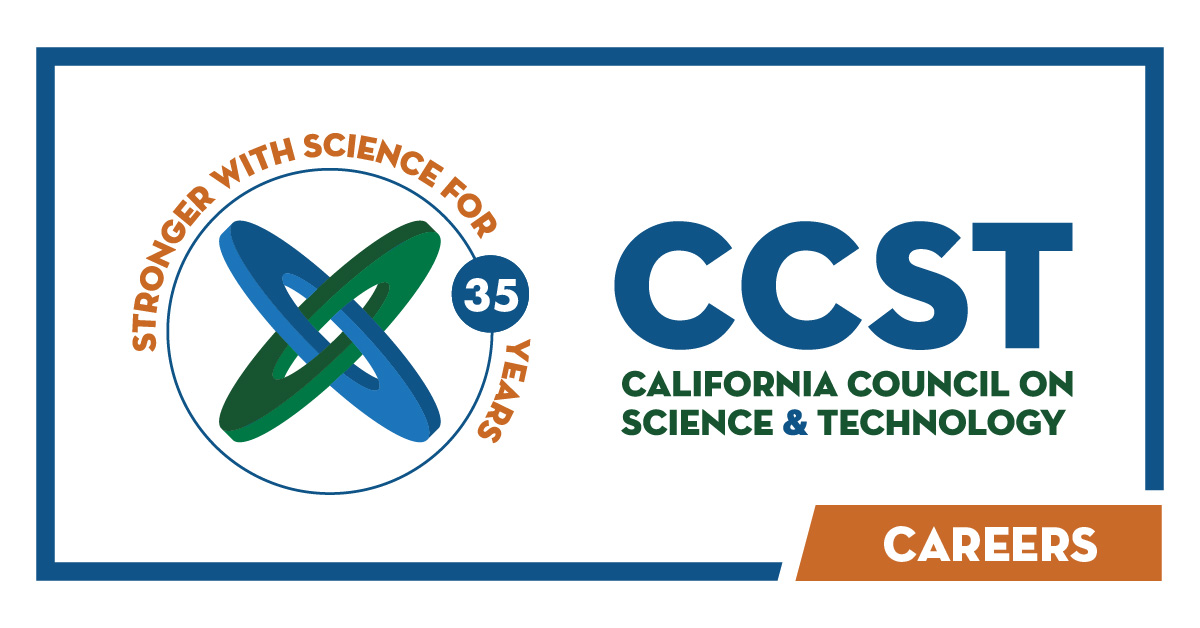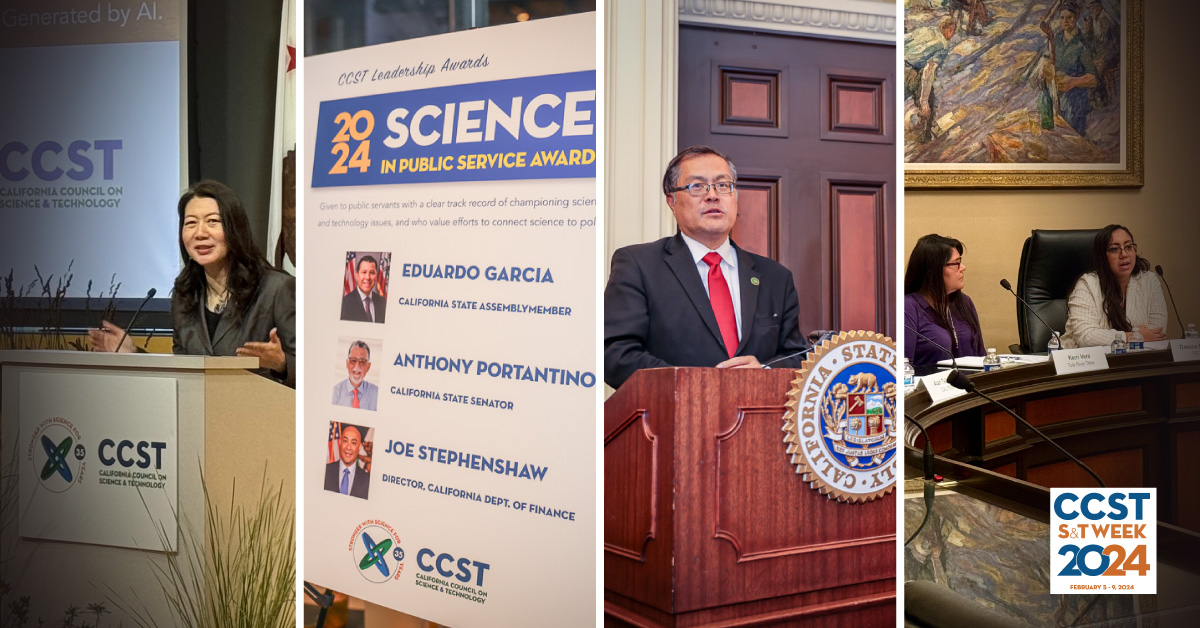AAAS Issues Statement on Labeling of Genetically Modified Foods
November 1, 2012 | CCST Newsroom | Contact: M. Daniel DeCillis
The American Association for the Advancement of Science (AAAS) issued a statement on October 20 on the labeling of genetically modified foods, stating that there is no scientific evidence to justify efforts to mandate labeling of genetically modified (GM) foods for consumers.
“The science is quite clear: crop improvement by the modern molecular techniques of biotechnology is safe,” said the statement. “Consuming foods containing ingredients derived from GM crops is no riskier than consuming the same foods containing ingredients from crop plants modified by conventional plant improvement techniques.”
The statement also noted that the EU has invested more than 300 million euros in research on the biosafety of GM crops, and that the consensus of more than 130 research projects over the past 25 years is that crops which have been modified via biotechnology are not more risky than conventional plant breeding technologies.
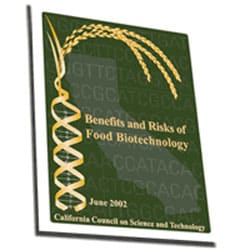
Genetically modified foods have had specific changes introduced into their DNA by genetic engineering techniques, which are more precise than traditional techniques of selective breeding. GM foods are engineered for such characteristics as faster growth or resistance to pathogens. GM crops have been commercially available in the United States since 1994.
In 2002, at the request of the California Food Biotechnology Task Force, CCST prepared a study on the issue, Benefits and Risks of Food Biotechnology, which reached a similar conclusion. The CCST study noted that while no technology is 100% safe, there was little to no evidence of risk in the literature published to date. The CCST report noted that further study was recommended since as of 2002 transgenic crops had been grown commercially for a relatively short period of time.
In the decade since the CCST study was released, additional research has supported the assessment that there are no specific health or ecological risks associated with GM crops. The World Health Organization, the American Medical Association, the U.S. National Academy of Sciences, and the British Royal Society have all come to the same conclusion: there is no evidence of additional health risks from GM crops. In addition, in order to receive regulatory approval in the U.S., GM crops must be subjected to rigorous analysis and shown to be neither toxic nor allergenic, making them the most extensively tested crops added to the American food supply.
“Civilization rests on people’s ability to modify plants to make them more suitable as food,” said the AAAS statement. “Modern molecular genetics and the invention of large-scale DNA sequencing methods… [permit] the development of new methods that allow the very precise addition of useful traits to crops.”

